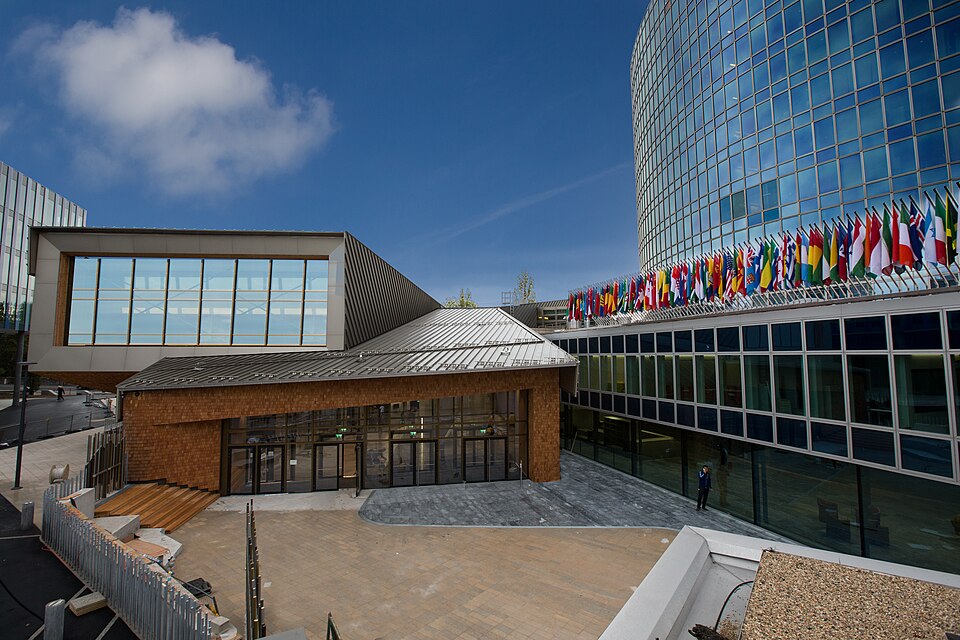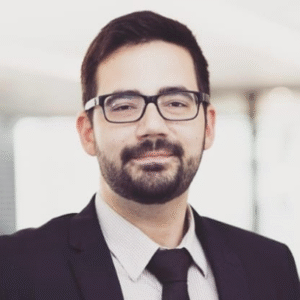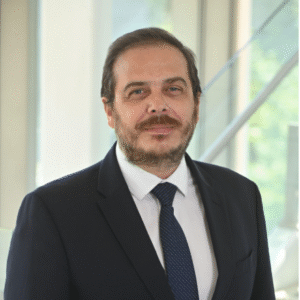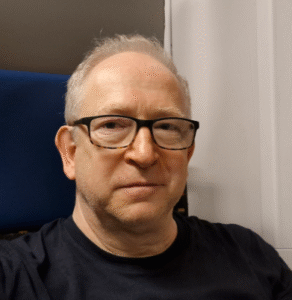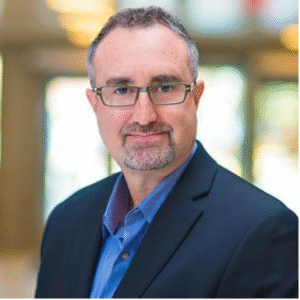The following statement was delivered by Professor Sean Flynn on behalf of the Global Expert Network on Copyright User Rights at the World Intellectual Property Organization General Assembly meeting on the Standing Committee on Copyright and Related Rights.
….
I speak on behalf of the User Rights Network of copyright academics around the World.
I found Ms Forbin’s opening statement to be quite striking.
The Broadcast and the Limitations and Exceptions topics can indeed be traced back over a quarter of a century. Both date back to the 1996 Internet Treaties where the broadcast issue was removed and an agreed statement adopted calling for adaptation of exceptions for the digital environment. Both issues were on the initial agenda of the SCCR that was created by the GA in 1998.
Of course the increased participation in the Committee and the lack of speedy work is not really a paradox but a reflection of the importance and contested nature of some of the issues.
But as an outside observer, I would say that conclusions of both agenda items are fairly clear and achievable.
On L&E, the GA Decision of 2012 statement sets the goal. Which is not only thematic events and tool kits as some observers here called for. The 2012 General Assembly mandated “work towards an appropriate international legal instrument or instruments” on limitations and exceptions. (WO/GA/41/14). Instruments. Not just events and guides.
We commend the SCCR’s adoption of the Work Program in SCCR 43 to progress toward the mandate. That Work Program contains innovative modalities of the kind Ms Forbin may have been referring to, including intercessional work.
Importantly, the Work Program does not prejudge the nature of the instrument. Today, I heard the EU and the US agree to work on at least soft law instruments on L&Es. I have heard all education and research stakeholders state that such soft laws would be helpful. So that seems to be a landing point.
On Broadcast, there would be little opposition to the text if the fixation and post fixation rights were removed. But there will be continued resistance as long as those provisions are in the text.
The Broadcast Treaty should also ensure that broadcast rights cannot be more extensive than copyright protection on the same materials. This is not yet the case with the current draft. But this is a pretty easy technical fix.
I join the comment form KEI in thinking the possible landing zones on these issues are fairly clear. There may indeed be a need for innovative modalities to reach them. The SCCR agenda right now contains a whole host of issues. There must be 10 or 12 different agenda items that are talked about every time. So perhaps there should be some innovative modalities to concentrate the discussion, special sessions devoted to particular topics, for instance.
We are of course happy to work with delegations on these and other important issues.

